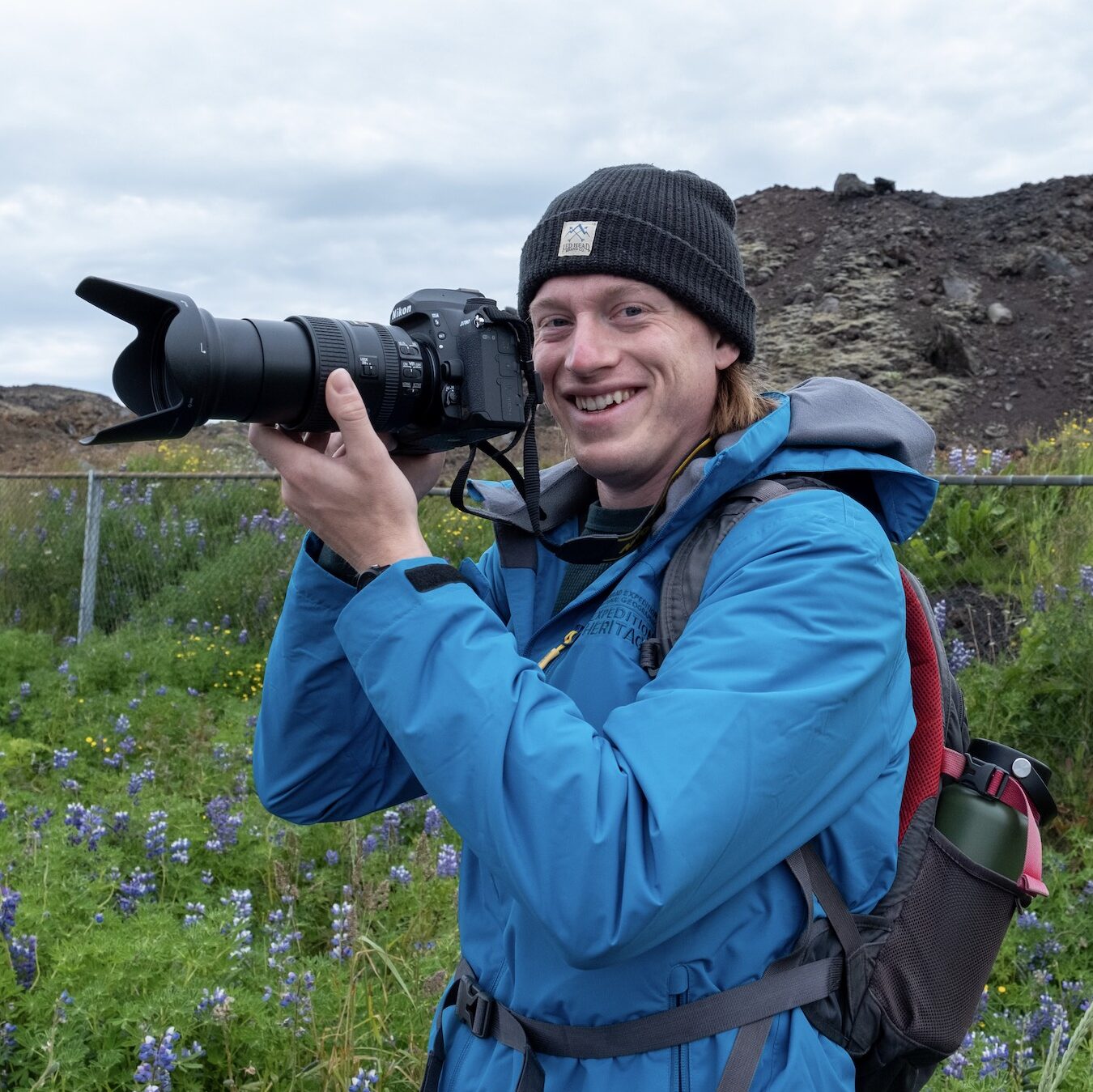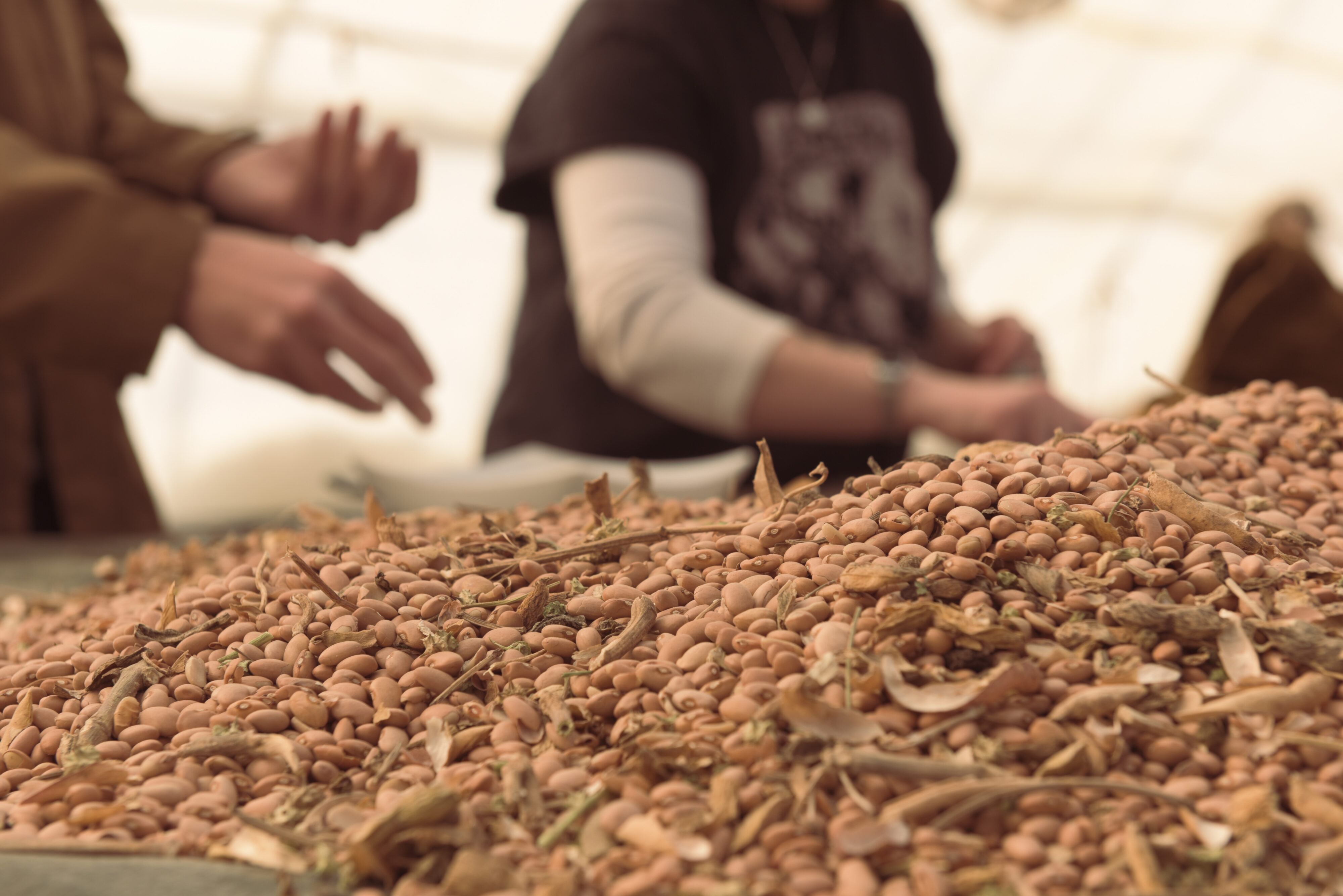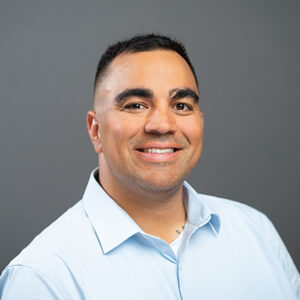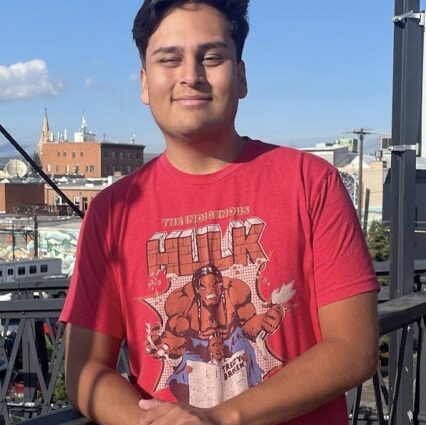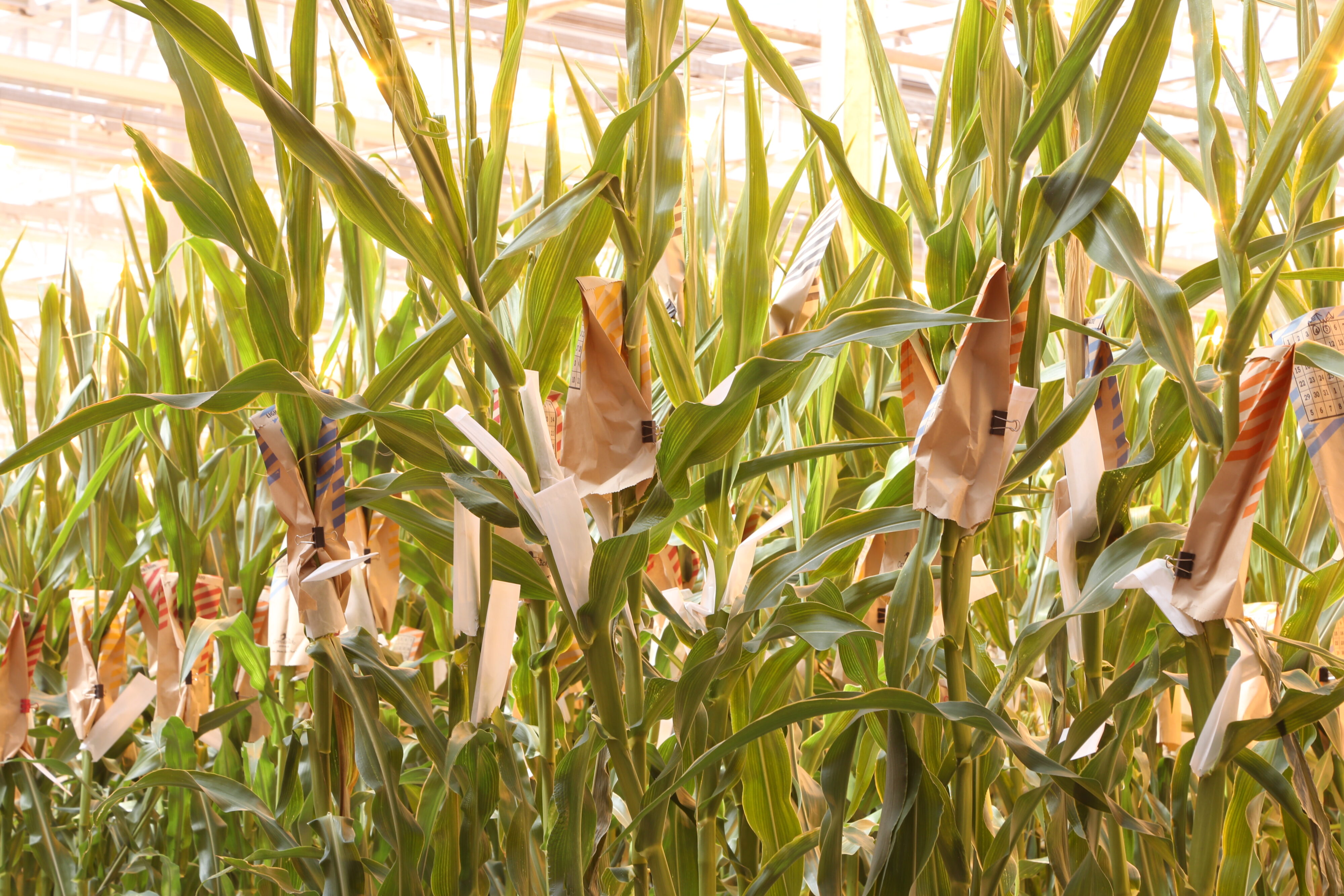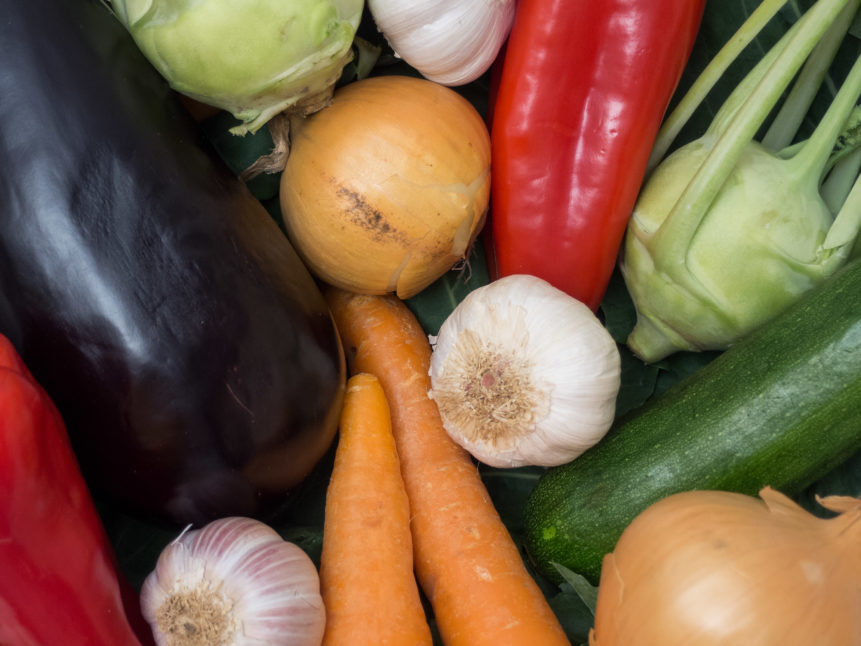
The privilege of a colorful plate

As we move forward and aim toward sustainable, more accessible agricultural practices, community supported agriculture (CSA) continues to grow. Gaining popularity in the late 1980’s this fictional story offers insight to the beginning of the movement, when the ideas of a young girl named Presley turned reality and influenced positive change for her community and the earth.
This story is a short compilation of excerpts from Presley’s journal during the 1980’s that piece together the harsh reality of living in a food desert in the Northern Adirondacks of New York. Her words uncover the strong connection between a low-income and the chances at a nutritious meal, as she continuously compares her refrigerator to Charlotte’s, her affluent best friend.
Though this is a fictional story, it is based off of real life circumstances, as many areas in the northern Adirondacks remain a classified food desert, which is an area where low-income and marginalized residents struggle to obtain healthy and nutritious food. This can be due to factors such as not owning a car, the lack of existing grocery stores, and poor quality of the fruits and vegetables that are available.
In her journal, she quickly discovers the benefits of a system based in CSA. From facilitating a connection with the food you find on your plate and strengthening community ties, all the way to nurturing the earth and decreasing the distance and time between the farm to the table. Her persistence and dedication to the mission of feeding the community serves as an inspiration and shines a light on the present-day need to continue moving forward and growing the CSA movement.
***
March 3, 1984 The winters here are long and heavy, and by march they feel just about endless. Our bodies are tired, deficient of vitamins and minerals, because there is no sun to be seen here in the mountains for months, and my mom’s dinner plates typically lack any color at all. Here in the North Country, frozen cuisines are accepted as okay and “if it gets the job done, that's good enough.” Or at least thats my dad’s mantra. I can't seem to accept it though. My best friend Charlotte lives about 45 minutes away, just one town over. But, whenever I make the trip out to visit her, I feel like I’m on another planet. There's a health food store, and it seems like there is a farmers market perfectly situated on every corner. Charlotte's mom makes the most delicious and fulfilling dinners. The plate is always made with just the right amount of color. The darkest collard greens to the brightest, most perfectly ripened tomatoes. After we eat, I feel so energized, it's almost as if I can hear my own body whispering to me, “Thank You.” Charlotte doesn't know this, but secretly, I try to plan our hang-outs around meal-times. I feel as if I’m being resourceful. Sometimes I sleepover at Charlotte's for the entire weekend. This always leaves my mom wondering. Rightfully so-- my mom asks me why Charlotte never comes to our house, or if I am too embarrassed. Honestly, I am. I am afraid we won’t have anything to eat. It's hard for my parents, they're always working extra shifts, and sometimes the grocery store closes before they get home from work, and since its over seven miles away I can't walk. Or when we do get there, the only thing they seem to have is wrapped in plastic or has been trapped in a can for years. Winter is coming to an end soon, and the IGA has two rows of cereal, half of them are already expired. The fruit is moldy and the vegetables have been picked way too early. Everything seems to be working against my family and a meal filled with nutrition. I can’t seem to understand the unfathomable difference between my refrigerator and Charlotte’s. March 7, 1984 I dream a lot. The journal next to my bed is filled with many of them. I like reading them months later and trying to pick apart the meanings. About half of them are abstract, filled with forest fairies, and the other half are filled with characters from my reality. Once, I dreamt of a planet returned to its state before humans of greed and desire took from her. In another dream, my family and I ate the freshest salad with the crispiest pears. My mom naturally dressed the salad with juicy oranges and the spiciest red peppers. My journal after this dream read “How did that food get there? How can that food get here?” Then, I had an idea. March 17, 1984 In my town we don't have a fancy health food store, but we do have land. We have fertile soil, and a solid rain cycle. And although the winters here are long, I know there are plants that can thrive seasonally. Winters can be home to root vegetables and strong leafy greens, like kale and spinach. I want to switch my focus and provide for my family and my community. To the people that work the hardest and receive the least. To the people that deserve nutritious fuel for their bodies and a stronger connection with the earth. I told my parents about my dreams and the ideas that followed, and to say the least, they looked at me funny. Like it was some unfeasible idea that could never be. As if accessible healthy food must remain a luxury. Once again, something I will not accept. So I set out, and I started reading books like “Four Season Harvest” by Eliot Coleman, where I learned about the possibilities of farming beyond the summer months and discovered new techniques and strategies for growing. I also began visiting farms beyond my town borders. While visiting, I would observe, listen, and ask probably way too many questions, but I don't care because I am determined, and definitely onto something. March 25, 1984 I finally feel ready to turn this dream into a reality. To be able to provide nutritious, affordable, and accessible food to my community has become my mission. Today I went out for a walk, a very long walk. I knocked on the doors of my neighbors and I began to tell them about my idea, and if they wanted to be a part of it. I tried to explain to them the best that I could, how important it is for them to eat from the earth, an idea that believe it or not, seemed very abstract for many. But it wasn't all doom and gloom and misunderstandings. I got 7 people all from my neighborhood to sign up for a share of my growing this season. Since I need money upfront to buy tools, seeds, and soils, you know the whole 9 yards, I requested a donation. For the most part, all 7 people that signed up are really excited and offered me more than I expected. I guess this has been a long time coming. March 30, 1984 Seeds are in, here's to change and to more color on our plates.




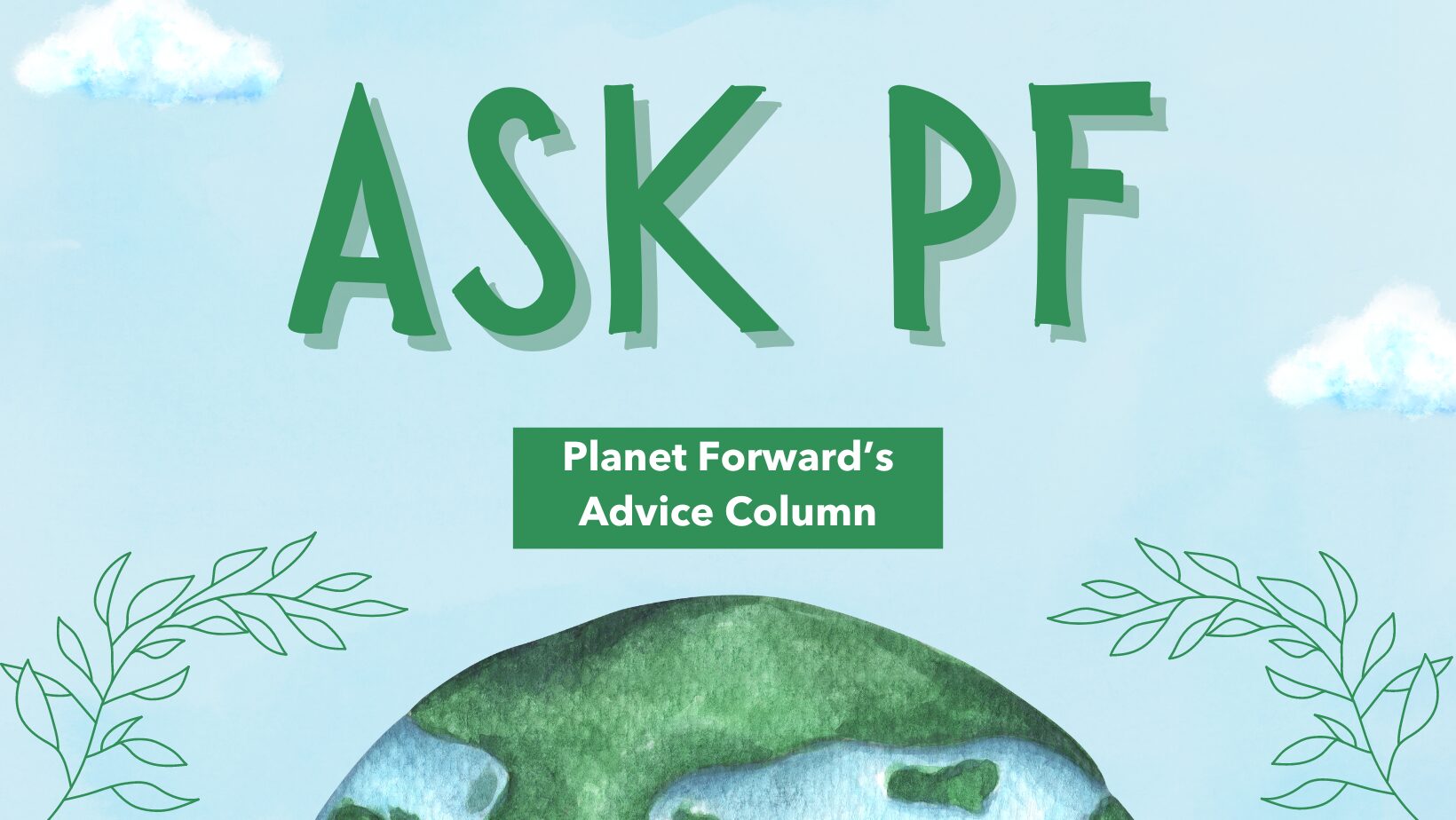


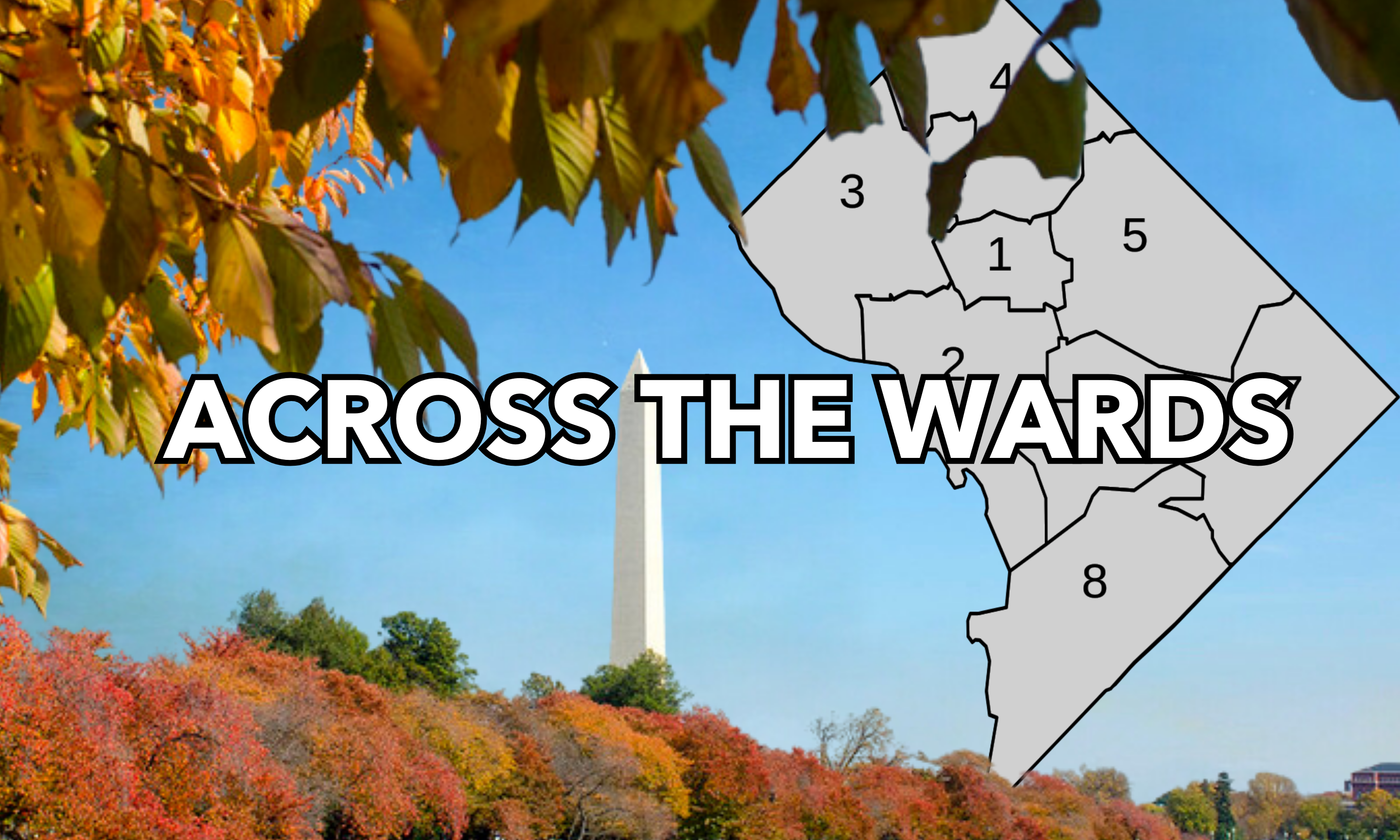
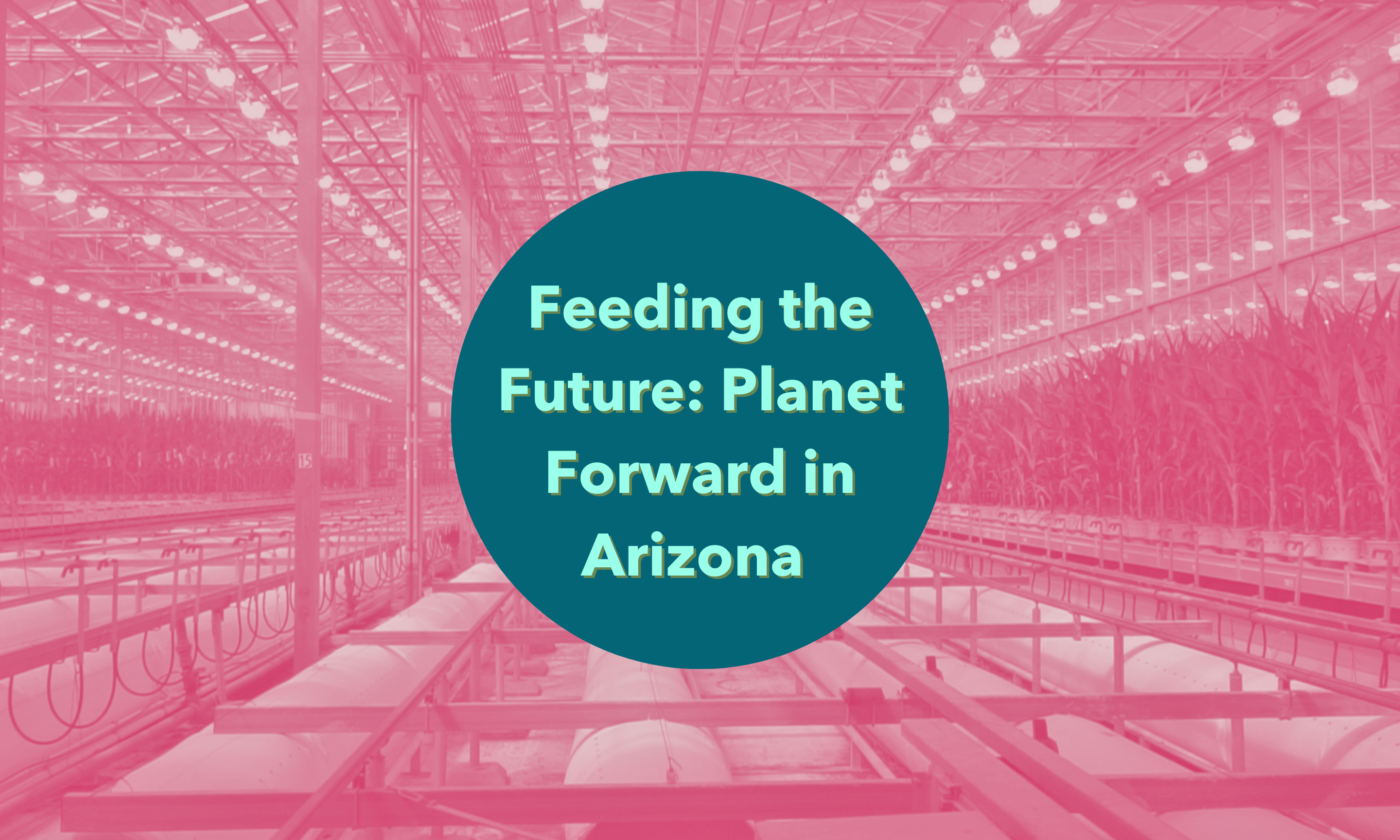

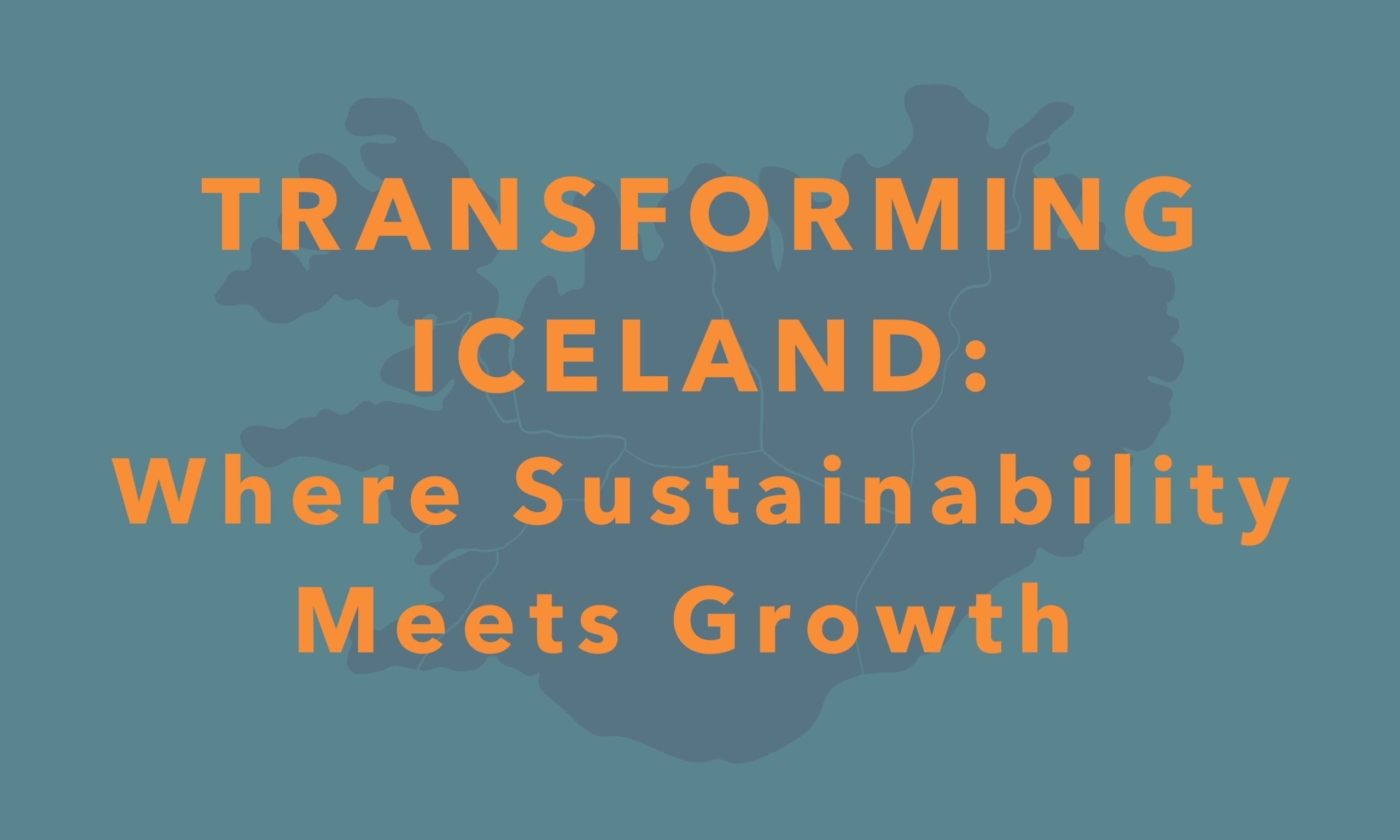




.jpeg)
